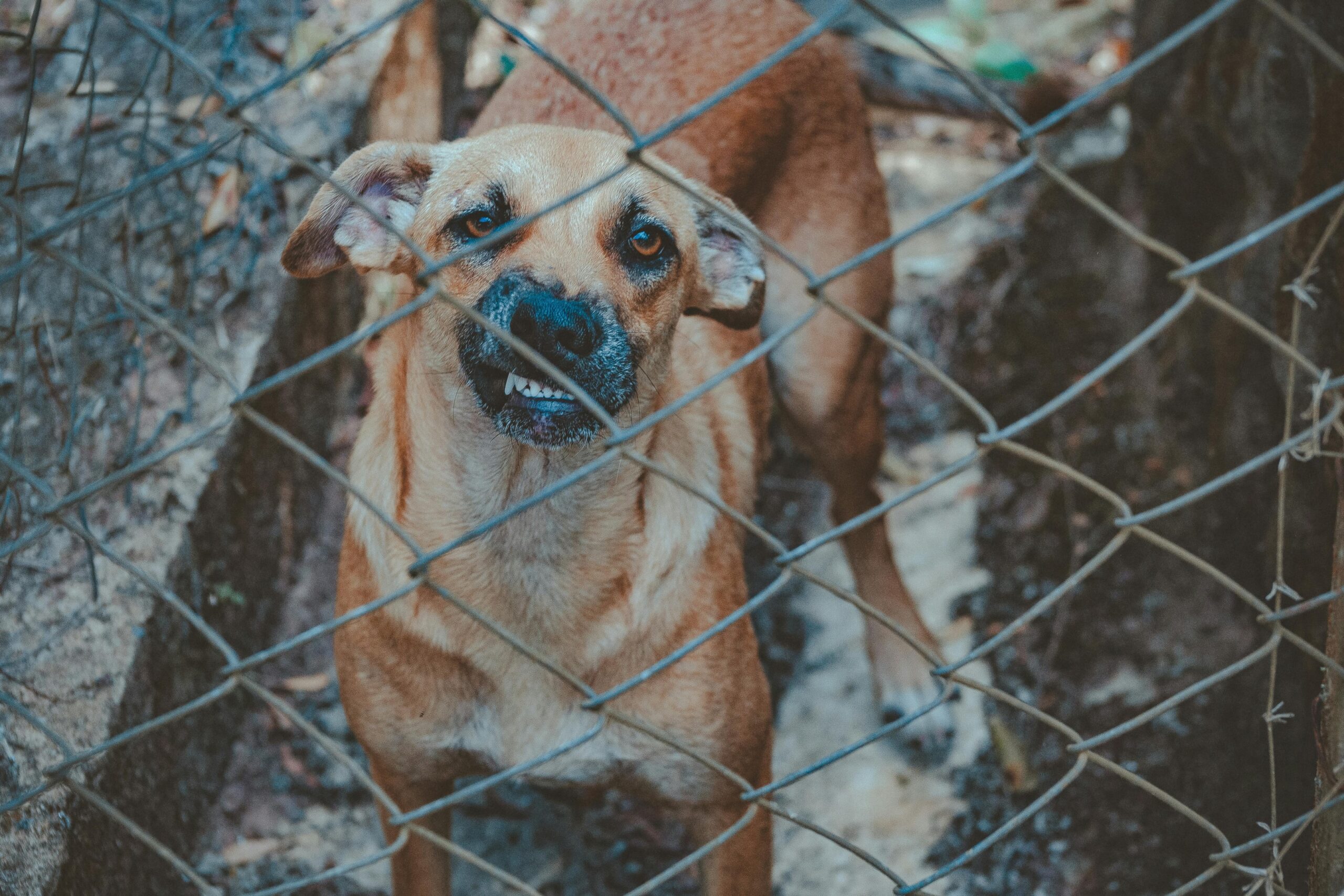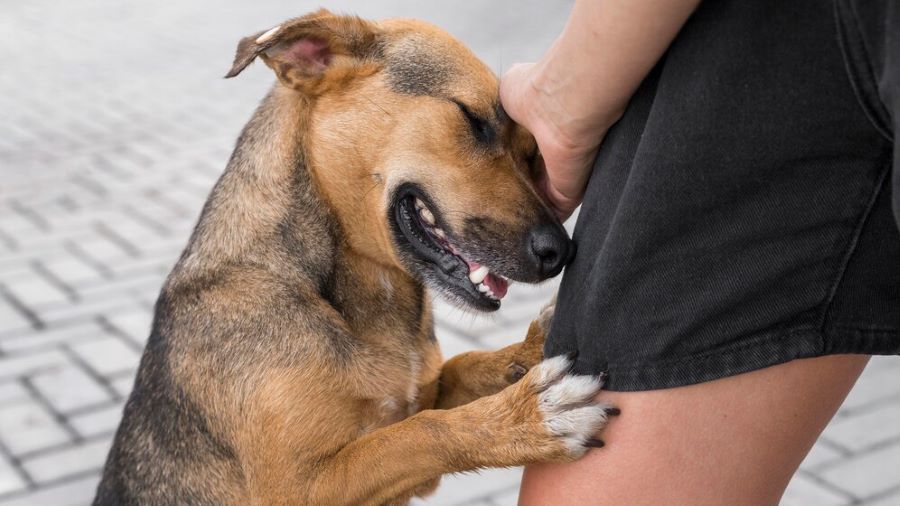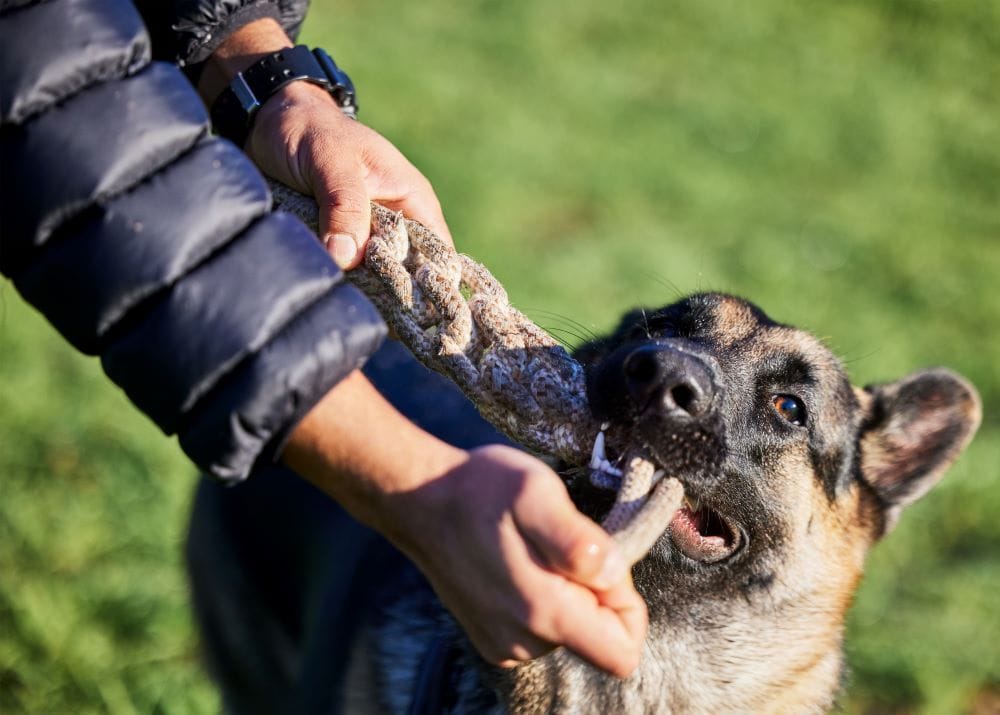
A dog bite incident can turn your life upside down in an instant. Beyond the physical pain, accident victims often suffer emotional trauma and financial burdens from medical bills and lost wages. If you’re a dog bite victim, you have legal rights and may be entitled to compensation. However, certain red flags can weaken your dog bite injury claim, making it harder to receive the settlement you deserve.
Understanding these warning signs can help you protect your claim and navigate the legal process effectively. Whether dealing with an insurance company or seeking legal representation, recognizing these issues early can make all the difference. Below, we explore the critical red flags that could jeopardize your case and what you can do to fight for justice.
1. Failing to Seek Medical Treatment Immediately
One of the biggest mistakes a dog bite victim can make is not seeking medical attention right away. Even if the injury appears minor, dog bites can lead to infections or require reconstructive surgery. Delaying medical care allows the insurance adjuster to argue that your injuries were not serious or that they resulted from another incident.
Why Immediate Medical Attention Matters:
Proof of Injury: A doctor’s records serve as crucial evidence in dog bite cases.
Infection Prevention: Dog bite injuries often expose victims to bacteria that can lead to severe infections.
Legal Strength: Seeking medical treatment immediately demonstrates that you took the accident seriously.
Example Scenario:
Sarah, a dog bite victim, delayed seeking medical attention for a full week, assuming her wound would heal on its own. Unfortunately, by the time she consulted a doctor, the injury had worsened, leading to a severe infection that required extensive medical treatment. When she pursued an injury claim, the insurance company argued that her failure to seek prompt medical care constituted negligence, significantly reducing the value of her compensation.
This scenario highlights the importance of seeking immediate medical attention after a dog bite. Delays not only put your health at risk but also weaken your legal claim, making it harder to secure fair compensation.
2. Not Reporting the Incident Right Away
Reporting a dog bite incident is crucial. Without an official report, it’s difficult to prove that the bite occurred and that the dog owner should be held liable. Some states have strict dog bite laws that require prompt reporting.
Steps to Take:
Call Animal Control or Local Authorities: This helps document the bite and identify the dog’s history.
Gather Information: Obtain the dog owner’s contact details and any witness statements.
Get a Copy of the Report: This will serve as key evidence during your injury claim.
If a dog bite victim fails to report the incident, the insurance company may question the claim’s validity, potentially denying compensation.
3. Accepting a Quick Settlement Offer
Insurance adjusters often pressure victims to accept quick settlement offers. While it may be tempting, these initial offers are usually far less than the full extent of your claim’s value.
Why You Shouldn’t Settle Too Soon:
Hidden Costs: Medical bills, reconstructive surgery, and ongoing medical treatment can add up.
Long-Term Effects: The full extent of dog bite injuries may not be clear for weeks or months.
Legal Rights: Once you accept a settlement, you waive your right to pursue additional compensation.
Example Scenario:
John, a dog bite victim, accepted a low settlement offer from the insurance company without seeking legal counsel. Believing the amount would cover his expenses, he unknowingly waived his right to pursue additional compensation. Later, when his injuries required extensive medical treatment, he was left to bear the financial burden alone.
This scenario underscores the importance of consulting a dog bite lawyer before accepting any settlement. A premature agreement can prevent victims from recovering the full compensation they deserve for medical expenses, lost wages, and ongoing care.
4. Lack of Sufficient Evidence
Injury claims require strong evidence to prove liability. If you fail to gather information immediately after the incident, your case may weaken.
Key Evidence to Collect:
Photographs: Take pictures of your injuries, the location, and the dog.
Witness Statements: Eyewitness testimony can support your claim.
Medical Records: These prove the extent of your injuries and the necessary treatment.
Without proper evidence, proving the full extent of your damages becomes difficult, giving the insurance company room to dispute your claim.
5. Admitting Fault or Downplaying the Incident
What you say after the bite can impact your legal process. If you apologize or make statements like “It wasn’t that bad,” the insurance adjuster might use your words against you.
What to Avoid:
Admitting Any Fault: Even saying “I shouldn’t have approached the dog” can weaken your case.
Posting on Social Media: Any statements or photos can be used against you.
Speaking Directly to the Insurance Adjuster: They may twist your words to reduce liability. Instead, let a personal injury attorney handle communications to protect your legal rights.
6. Not Understanding Dog Bite Laws in Your State
Each state has specific dog bite laws that determine liability. Some states follow strict liability, meaning the dog owner is responsible regardless of whether the dog has aggressive tendencies. Others follow a one-bite rule, where the victim must prove the dog had a history of aggression.
Why Knowing the Law Matters:
Determines Who is Held Liable: Understanding local laws helps strengthen your claim.
Supports Your Case: Citing legal protections in your injury claim can discourage insurance adjusters from lowballing your compensation.
Prevents Legal Pitfalls: Misunderstanding the law can lead to costly mistakes.
7. Not Hiring a Personal Injury Attorney
Many dog bite victims try to handle their claims alone, only to realize too late that the legal process is complex. Hiring legal representation significantly increases your chances of securing fair compensation.
Benefits of Legal Representation:
Negotiation Power: Dog bite attorneys know how to fight against insurance adjusters who try to minimize payouts.
Legal Guidance: A lawyer ensures all paperwork is correctly filed and deadlines are met.
Higher Compensation: Many dog bite victims find that having legal representation helps them negotiate better settlements compared to handling claims alone.
Safeguard Your Claim and Compensation
Dog bite cases can be challenging, but recognizing these red flags can help protect your claim. From seeking medical treatment immediately to hiring the right legal representation, every step you take matters. If you or a loved one has suffered from dog bite injuries, don’t let insurance companies take advantage of you.
At Bourassa Law Group, we understand the pain, fear, and emotional trauma that accompany such incidents. Contact us today for a free consultation.





